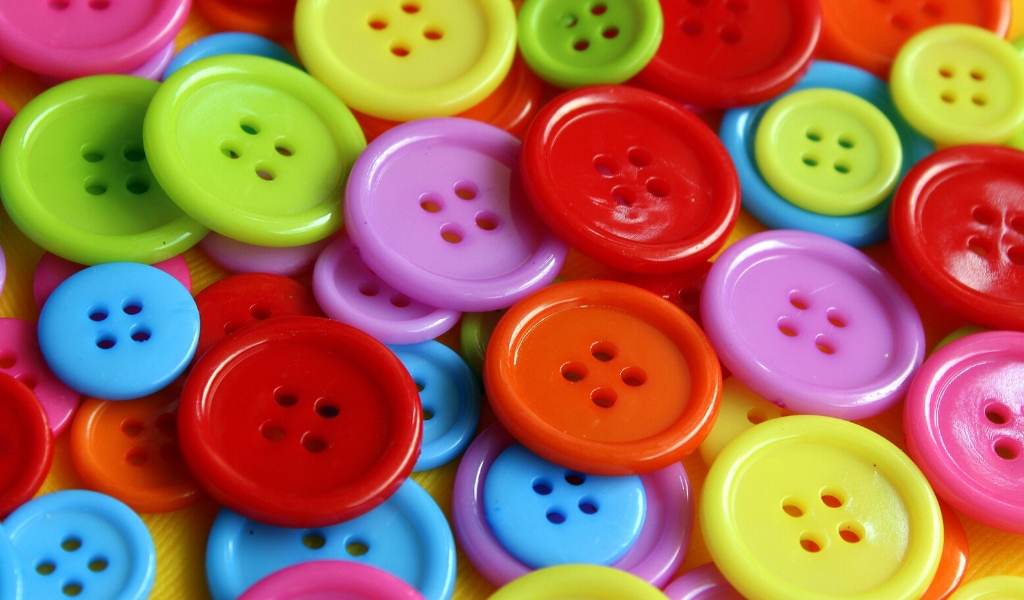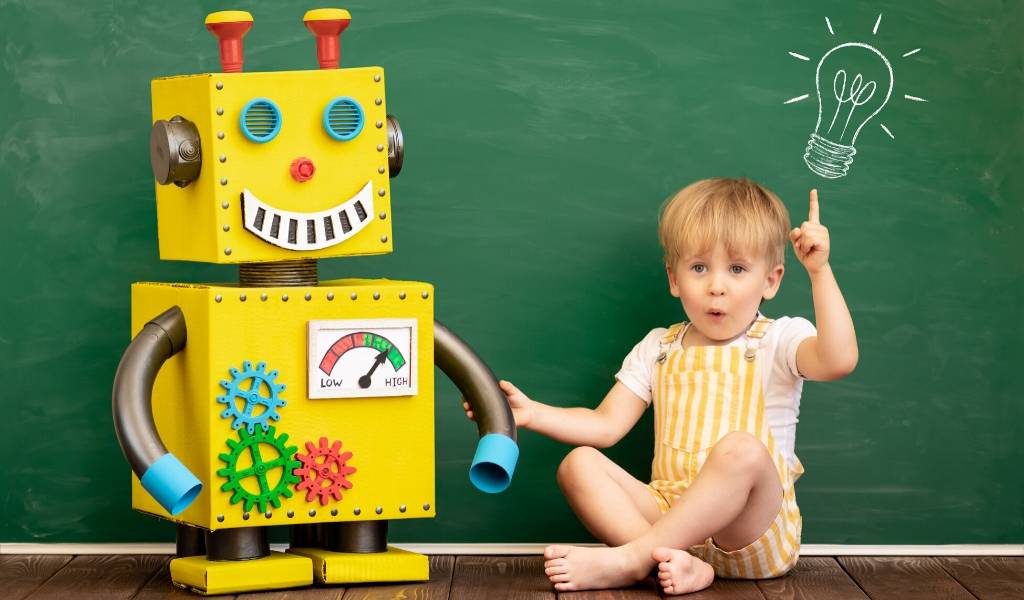Home learning has always been important but never more than now. We find ourselves in unusual times with children learning at home and, as we all know the playing field is not level. Some parents are really happy to have the role of ‘teacher’; others are struggling and may not have the time nor the skills to support their child’s learning.
One of the biggest challenges for us as early years professionals is that there are many children for whom language is a real difficulty. The number of children who have few words in their vocabulary has increased over recent years with parents having less quality time with their families and with the increased use of technology and screens, even from a young age.
How do we support families, use resources that everyone will be able to access and keep children of all ages excited, engaged and learning in a way that really works for them? Does this seem like a tall order?

We all know it’s easy to grab a worksheet or succumb to screen suction, but these quick fixes will only keep them busy for a short while. One way to provoke all kinds of learning is to start with just one item. Because this method is open-ended and limitless it is easy to match the way that child is motivated to learn and spark their imagination too.
Some things which have worked well are:
• An orange
• A huge wellington
• A shiny mixing bowl
• A pair of socks
Start with just one but it is also a good idea to use things that they can gather lots of such as toilet roll tubes, empty jars, old socks, coins, buttons etc.
Encourage them to ask questions. You’d be amazed where this can lead you:
• What could I use it for?
• Who might use it?
• How many blocks can I fit in it?
• How many of these would I need to…?
• What can I do with one?
• What can I do with ten?
• Or for some things, like dominoes, playing cards, it could even be ‘What can I do with 50?’

I love all-age learning, and this is just the perfect time. Older relatives are connecting through social media and in some ways the world is getting smaller. There is often history connected with the objects we use as provocations. A family used buttons as their simple starting point and sent me a photo of two siblings connecting with two separate grandparents showing their button tins. Sharing with a relative how our seeds are growing, what we have cooked or how well our catching skill is progressing is very special.

Juggling children with different learning needs can be a problem. But using joint simple starting points mean that children can work start on a project together, then go off at different tangents.
Starting with a jar they might make up a game with a ping pong ball, they might print circles and patterns with them or see how many items fit in their jar.
Older children might predict and work out its capacity or fill several of the same jar with different levels of water and make instruments. Working together to plan a film night, make a present for someone everyone and of course cooking and making, everyone can get involved at their own level.

With this style of learning the direction comes from the children. Our job is to lead the learning by offering simple props to support this learning across the curriculum, especially language and maths skills.
So much of our essential language is linked to science and maths. Empower and encourage parents to notice, compare and question things when they are out and about with their children, using questions like:
• Is it bigger than…?
• Which is furthest?
• Is it straight or curved, shiny or smooth, odd or even…?
Families love this way of learning. It is limitless, it draws on what works best for every child, every family, every setting and it engages children of all ages in learning that lasts a lifetime.

Ali McClure is an education consultant specialising in early years and SEND. She is an experienced SENCO and published author: her book ‘Making it better for boys’ is considered a bible on boy’s behaviour. Her unique training courses for parents to support home learning are accredited with CANParent.
Visit www.alimcclure.co.uk or click here to find out more. Book early for Ali’s Limitless Learning online workshops